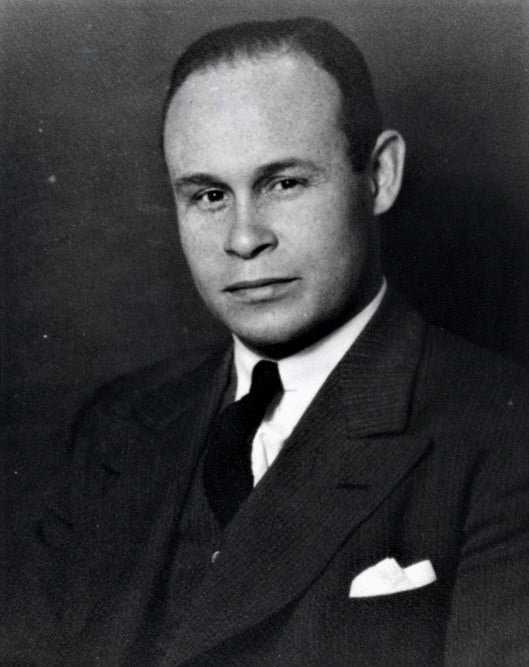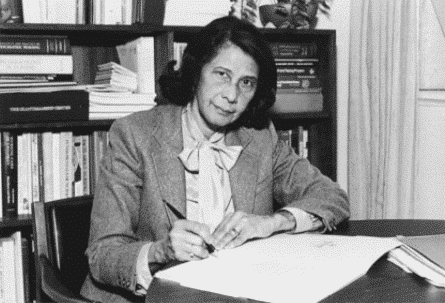
Charles Drew, by Associated Photographic Services, Inc – National Library of Medicine
Charles Drew was born in 1904 to a middle-class African American family in Washington DC. He seemed destined to have a career as an athlete, lettering in four sports in high school. He received an athletic scholarship to attend Amherst College where he became a legend in both football and track. While at Amherst, he became interested in a medical career.
While he was accepted by Harvard Medical College, he decided to enroll at McGill University in Canada because minority students were treated better there. He graduated second in his class.
During his residency Dr. Drew found his passion. He and his mentor studied problems with blood transfusions. His work led to a method for processing and preserving blood plasma by separating it from the blood cells. Plasma can be stored longer than pure blood.
When World War II started, Dr. Drew headed an effort called “Blood for Britain.” He was able to collect blood and process the plasma for shipment to England. When the US entered the war, he started another blood bank effort for the American Red Cross. He quit this effort when the military insisted that the blood from white persons be separated from the blood of persons of color. He remarked, “I feel that the recent ruling of the United States Army and Navy regarding the refusal of colored blood donors is an indefensible one from any point of view. As you know, there is no scientific basis for separation of the bloods of different races except on the basis of the individual blood types or groups.”
Despite this roadblock of racism in the US, Dr. Drew became known as the father of blood banks. Bloodmobiles were another of his innovations.
Tragically Dr. Drew died at the age of 45 from injuries sustained in a car accident. While he was unable to survive the accident, thousands of others around the world have survived accidents because they were able to receive blood from a local blood bank as a result of Dr. Drew’s efforts.
Blood donations represent one of our most enduring examples of giving to others. In fact, blood donations may be one of the earliest examples of the sharing economy that is evolving today. Thankfully we have moved beyond our racist practices associated with blood donations. When it comes to blood, our cultural, racial, and ethnic differences make no difference. There are no political or religious divisions in our blood. We are one in the blood banks throughout the nation.
Just imagine how many lives have been saved by transfusions of blood. Blood transfusions do not recognize privilege. Just imagine how the giving and receiving of a blood transfusion makes us all equal. Just imagine how the giving and receiving of blood is a tangible example of the principles of a democratic society.
* * *
“We are linked by blood, and blood is memory without language.” – Joyce Carol Oates (Author)
This is part of our “Just Imagine” series of occasional posts, inviting you to join us in imagining positive possibilities for a citizen-centered democracy.



